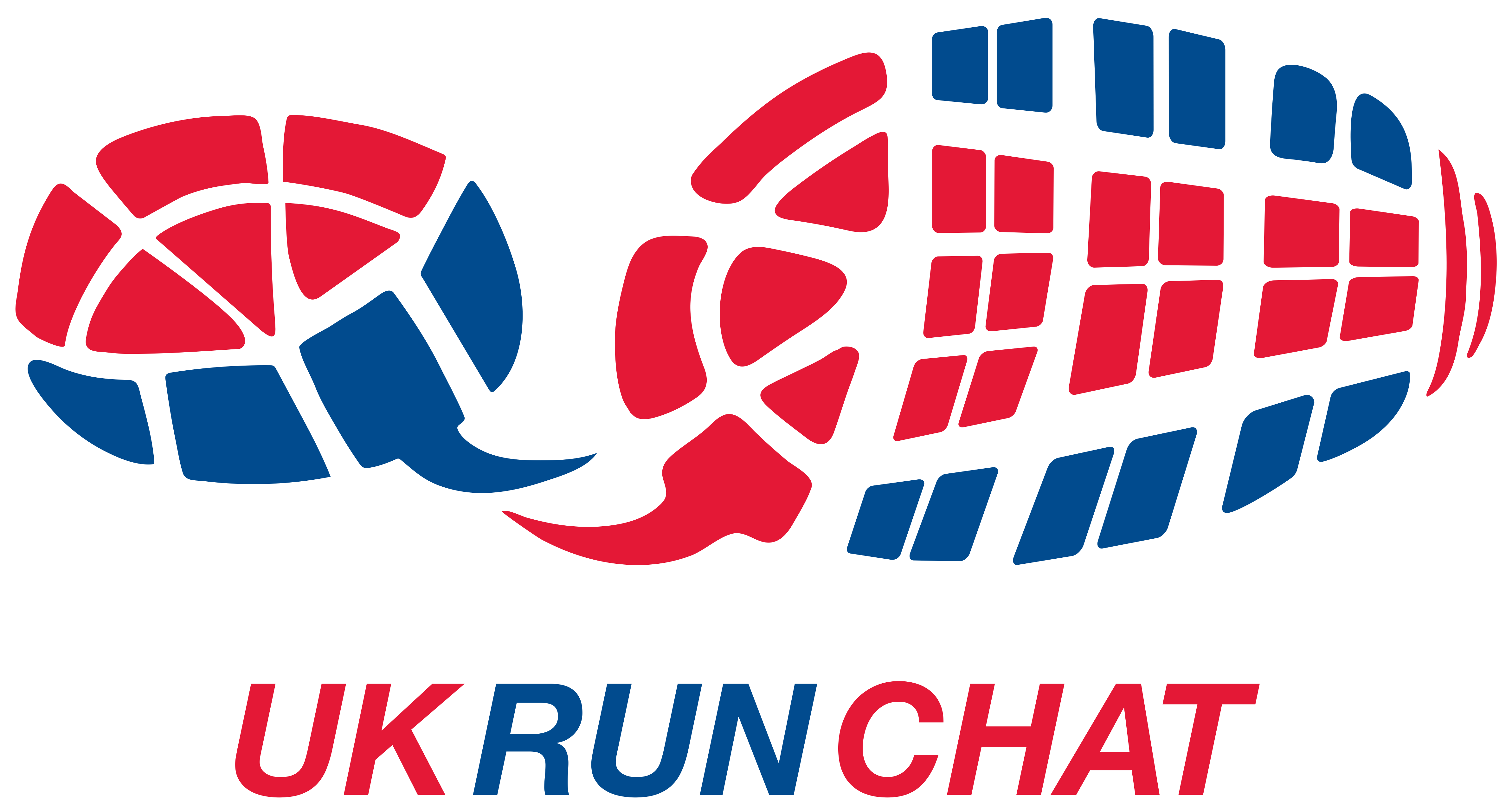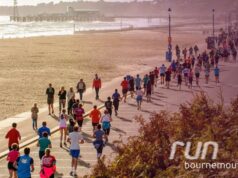Failure to manage diabetes well, however, can lead to devastating health complications. Here, Emma Elvin, Senior Clinical Advisor at Diabetes UK, explains the importance of paying close attention to your nutritional needs if you are living with Type 2 diabetes.
Emma Elvin, Senior Clinical Advisor at Diabetes UK
Exercise such as running is important for managing Type 2 diabetes, but equally you need to think about your nutrition and whether this is complementing your training.
Making healthier food and drink choices particularly important for people with Type 2 diabetes. It helps to manage blood glucose (sugar), blood pressure and blood fat levels as well as reducing the risk of diabetes complications such as heart attacks and strokes.
Pre-race
In training and in the build-up to an event, you should be aiming to make healthier food choices. This should include higher fibre or wholegrain carbohydrate choices, lean forms of protein, lots of fruit and vegetables and cutting down on foods which are high in saturated fat, free sugar and salt.
Having a varied diet helps to ensure you are consuming all the nutrients your body needs. Choose healthier fats in foods like unsalted nuts, seeds, avocados, oily fish, olive oil, rapeseed oil and sunflower oil and avoid saturated fats – which are found in things like processed meats and butter. Also cut down on added sugar and eat less salt.
2-4 hours before a big run you should be eating carbohydrates which are easily digested, such as porridge, toast or cereal. This will top up your energy stores before a race.
More advice about eating well with diabetes can be found here.
Mid-race
During a race, if it is a run longer than an hour, you might want to think about having another source of carbohydrate on you so that you can top up your energy levels mid-run. This will give you the fuel to get through the course.
Smaller food items which you can easily carry on you include fruit or cereal bars, small sandwiches and sports gels and drinks. Remember, anything that contains carbohydrate will have an effect on your blood glucose levels. If you normally test your blood glucose at home, try to do this more often around exercise to help understand the effect of exercise and any snacks. It is useful to discuss this with your diabetes healthcare team.
An important point to consider is not trying anything new immediately before or during a race. Trial any new foods or drinks during your training so that you’re not changing your strategy on the day of an event.
Post-race
Make sure you are well hydrated before a race. You will likely need to sip on fluids while running too. After a race make sure to drink some water, but also try to include some electrolytes and salt too (this will help with rehydration). Rehydrating well will help replenish the fluid you have lost as a result of sweating.
A balanced meal after the race can help you to recover. A balanced post-race meal should include wholegrain carbohydrates and lean protein (to aid muscle repair and replenish their fuel stores) as well as some vegetables or salad. Although you might choose different foods during a race, once it’s completed try to get back to making healthier food choices to help manage your diabetes.






